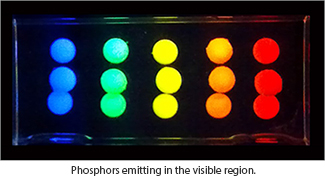 Submit your manuscripts for the ECS Journal of Solid State Science and Technology (JSS) Focus Issue on Visible and Infrared Phosphor Research and Applications by July 29, 2017.
Submit your manuscripts for the ECS Journal of Solid State Science and Technology (JSS) Focus Issue on Visible and Infrared Phosphor Research and Applications by July 29, 2017.
Rapid changes are taking place in the area of luminescent materials research from basic understanding to novel applications. This is due to the recent progresses in the area of phosphors for LED applications and the need for novel luminescent materials for applications in medical research as biosensors, solar cells, infrared sensors, and display technologies. These developments have led to new questions and new techniques related to basic research in the field of luminescence.
The main goal of this focus issue of the JSS is to provide a comprehensive picture of the current trends in research of phosphor emitting in the visible and IR regions.
Review and contributed papers are welcome in the following topics:


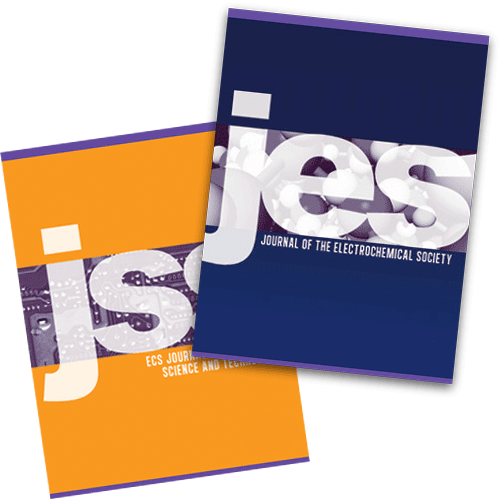
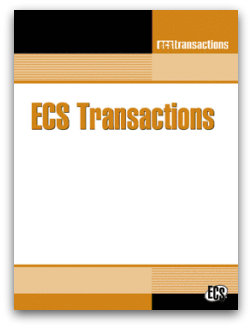 A new issue of ECS Transactions (ECST) has just been published from the XXXI National Congress of the Mexican Society of Electrochemistry/9th Meeting of the ECS Mexican Section.
A new issue of ECS Transactions (ECST) has just been published from the XXXI National Congress of the Mexican Society of Electrochemistry/9th Meeting of the ECS Mexican Section.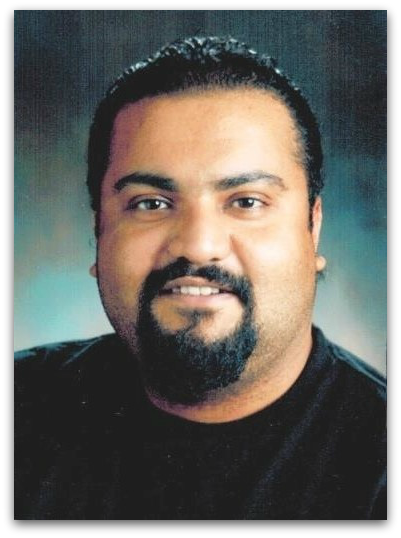 Ajit Khosla is a professor at Yamagata University in Yonezawa, Japan and a visiting professor at San Diego State University’s College of Engineering. Khosla’s work in the area of nano-microsystems has resulted in more than 100 scientific and academic contributions. Khosla has recently been named associate editor for the
Ajit Khosla is a professor at Yamagata University in Yonezawa, Japan and a visiting professor at San Diego State University’s College of Engineering. Khosla’s work in the area of nano-microsystems has resulted in more than 100 scientific and academic contributions. Khosla has recently been named associate editor for the 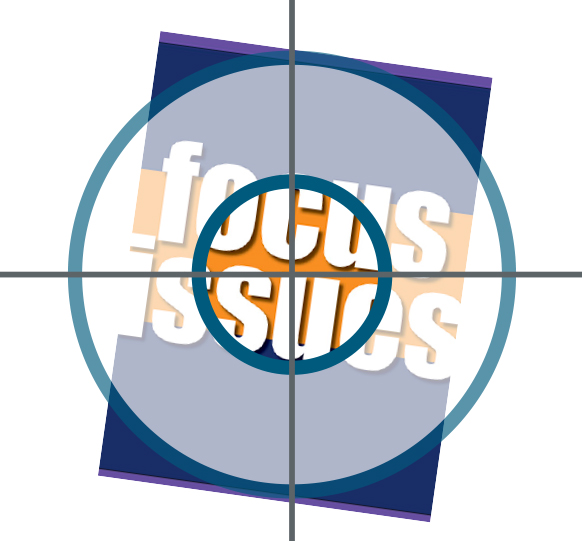 The
The 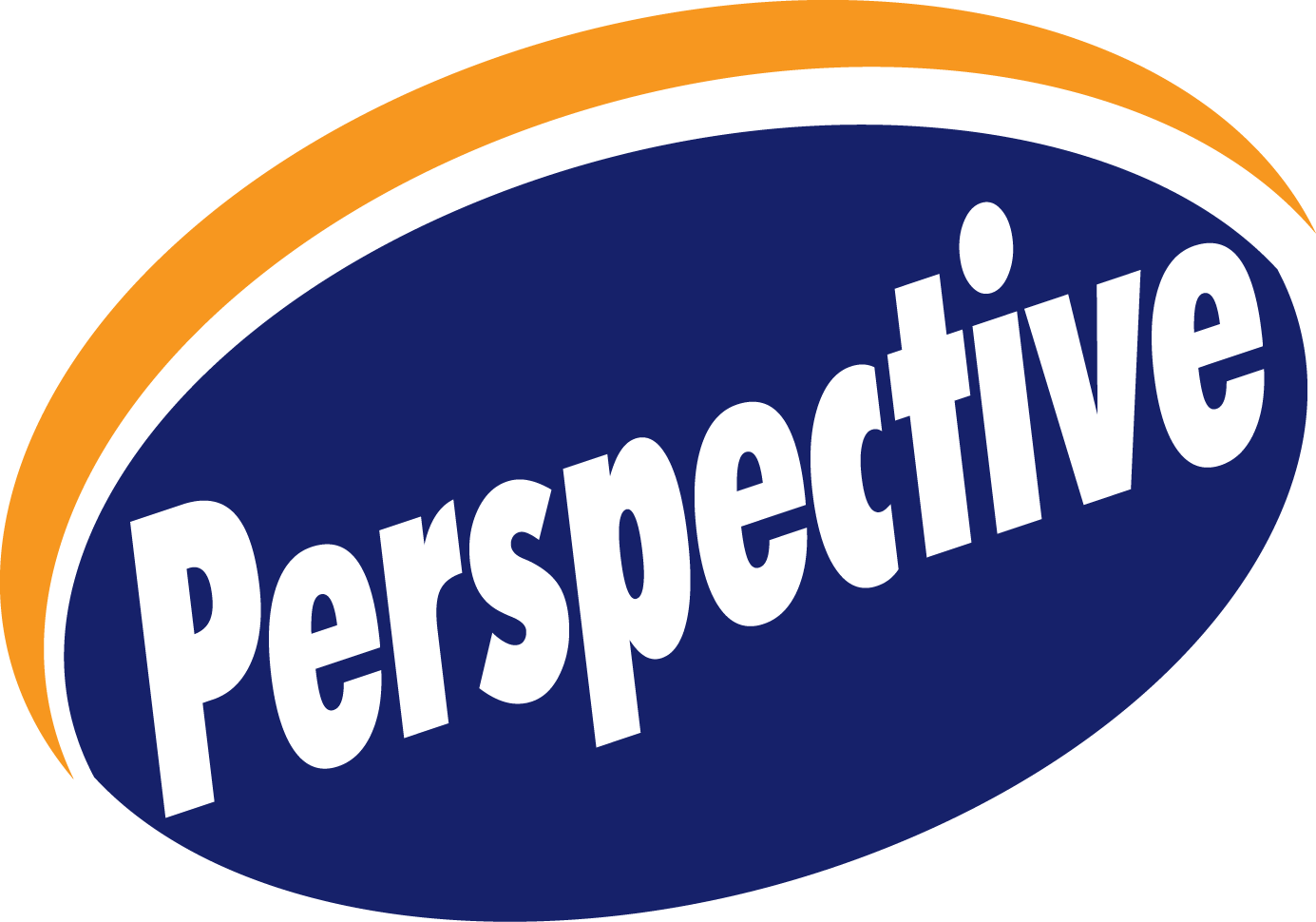 Since 1902, ECS has been at the forefront of publishing electrochemical and solid state science and technology research. For the past 115 years, the Society has been publishing high quality, peer-reviewed journals that contain the work of renowned scientists, engineers, investors, and Nobel laureates. Now, ECS is providing researchers a new avenue to offer insights into emerging or established fields:
Since 1902, ECS has been at the forefront of publishing electrochemical and solid state science and technology research. For the past 115 years, the Society has been publishing high quality, peer-reviewed journals that contain the work of renowned scientists, engineers, investors, and Nobel laureates. Now, ECS is providing researchers a new avenue to offer insights into emerging or established fields: 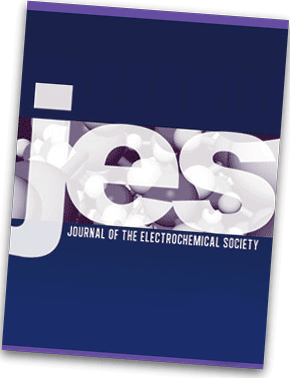 ECS is providing an opportunity for new authors to ask questions and get educated about ECS’s publications.
ECS is providing an opportunity for new authors to ask questions and get educated about ECS’s publications.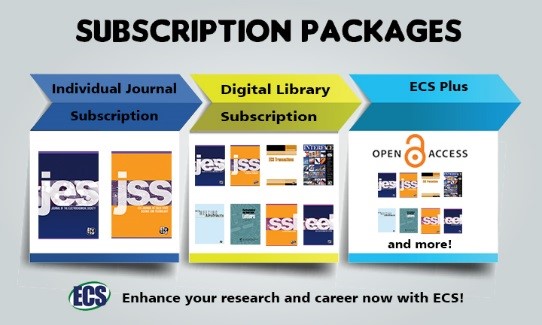
 The open access movement has bolstered content dissemination worldwide, but it has also led to the rise of “predatory publishers.” Instead of prioritizing the quality of the content, predatory journals exist to take advantage of the pay-to-publish open access system, enforcing a lax or non-existent peer review system while charging authors processing fees to publish their work.
The open access movement has bolstered content dissemination worldwide, but it has also led to the rise of “predatory publishers.” Instead of prioritizing the quality of the content, predatory journals exist to take advantage of the pay-to-publish open access system, enforcing a lax or non-existent peer review system while charging authors processing fees to publish their work.